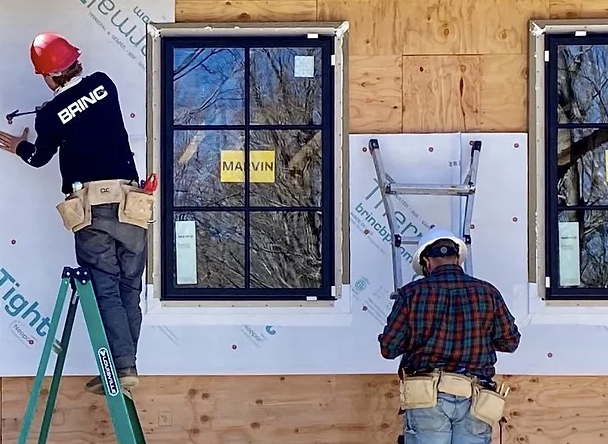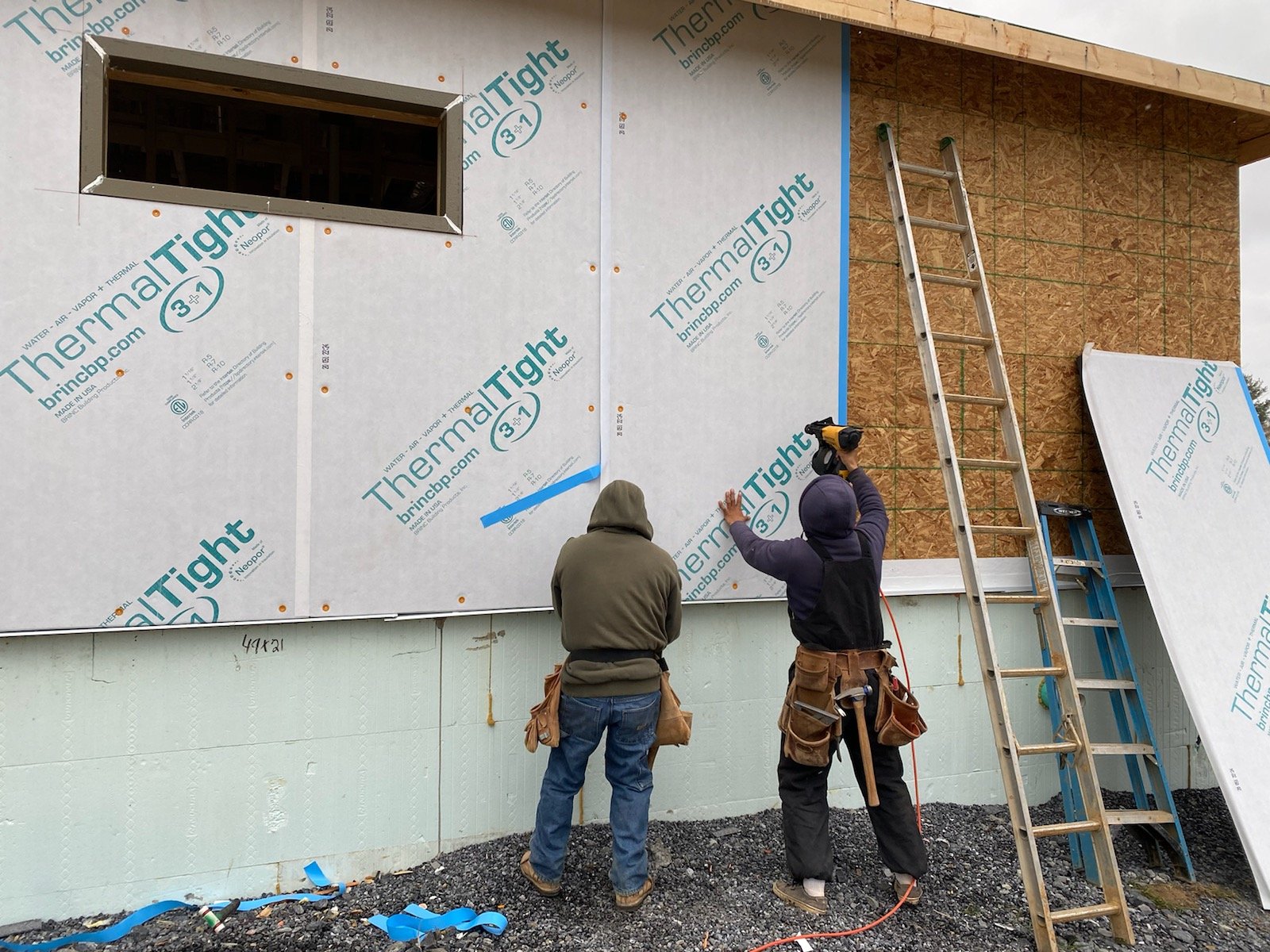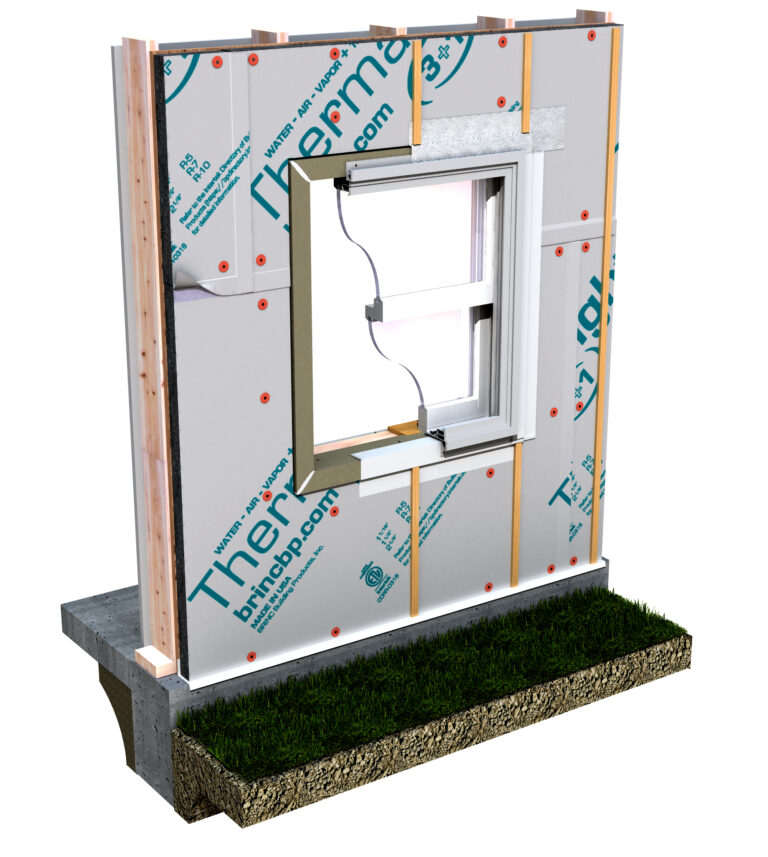The Benefits of Continuous Exterior Insulation: It’s not just energy efficiency

While many are acquainted with Continuous Exterior Insulation (CEI), it is crucial to delve deeper into its benefits and understand why it has emerged as the preferred choice for architects, builders, and consultants alike. This blog aims to provide a comprehensive overview of the advantages of CEI over traditional insulation, shedding light on its remarkable qualities.
- Thermal bridging: CEI prevents heat transfer, improving energy efficiency and providing multiple benefits. It controls moisture, preventing mold growth and enhancing building durability. It seals air leaks, improving indoor air quality and reducing energy costs. Furthermore, CEI contributes to sustainability by curbing energy consumption and reducing greenhouse gas emissions. In summary, CEI effectively tackles thermal bridging, offering significant advantages for energy efficiency, durability, and sustainability in buildings.
- Optimal Moisture Control and Mold Prevention: CEI plays a vital role in averting moisture accumulation within a building's walls and insulation, mitigating the growth of mold and mildew. Moisture damage can be detrimental to both a building's structure and the health of its occupants. By preventing moisture build-up, CEI acts as a safeguard, protecting the building and ensuring a healthier environment.
- Prolonged Building Durability: With its ability to shield a building's exterior from various elements, CEI significantly extends the lifespan of the structure. By warding off moisture, CEI reduces the need for repairs and maintenance. This exceptional durability ensures the building remains resilient, reducing overall costs and enhancing its longevity.
- Enhanced Indoor Air Quality and Energy Savings: By effectively sealing air leaks in a building's envelope, CEI minimizes air infiltration. Consequently, the improved indoor air quality leads to enhanced comfort for occupants while simultaneously reducing energy costs. CEI acts as a barrier, preventing outside air, along with its associated pollutants, allergens, and contaminants, from entering the building.
- Promoting Sustainability: CEI plays a crucial role in reducing a building's energy consumption, thus aiding in the fight against climate change. Compared to traditional insulation methods like fiberglass batts, CEI is more efficient and environmentally friendly. By curbing energy usage and subsequent greenhouse gas emissions, it serves as a sustainable choice, aligning with the principles of ecological responsibility.
Continuous Exterior Insulation (CEI) emerges as a versatile and highly effective solution for enhancing a building's energy efficiency, durability, and sustainability. Its ability to improve indoor air quality, control moisture, increase building lifespan, reduce noise pollution, and promote sustainability makes CEI an outstanding choice for those seeking to upgrade their insulation. If you are considering an insulation upgrade, CEI should undoubtedly be at the top of your list.



